Charcot-Marie-Tooth 1A (CMT1A) and Impaired Patient Mobility-Expressions, Remedies and Impact on Quality of Life
ISPOR NEW ORLEANS MAY 2019 PERIPHERAL NERVE SOCIETY MEETING JUNE 2019
Conclusion: Patient mobility was the #1 issue for patients with CMT1A; it has significant impact on the multiple aspects of a patient’s QoL. Patient phenotype, like curled toes, pes cavus and muscle atrophy contributes directly to impaired mobility. Patients that do not opt for corrective surgery use multiple modalities to assist with mobility, with bracing and orthotics used by large cohort of patients. Pain and fatigue are also a serious byproduct of patient mobility issues, along with frequent falls
The Path to Diagnosing Charcot Marie Tooth Disease: The Patient Experience
ISPOR NEW ORLEANS MAY 2019 PERIPHERAL NERVE SOCIETY MEETING JUNE 2019
Conclusion: Although many CMT patients obtain a confirmed diagnosis of their disease within 12 months of manifesting symptoms, a significant cohort of patients can take several years to obtain an accurate diagnosis. This is particularly prevalent in older patients that manifest symptoms later in life. Given the significant patient population under 20 years of age that are diagnosed, pediatricians were underrepresented in our patient survey as the HCP that first recognized patient symptoms. Although the majority of patients received their diagnosis via genetic testing, cost of testing was noted as a barrier.
Comparison of the Risks and Benefits of Medical Cannabis in Charcot-Marie-Tooth (CMT) and Hereditary Neuropathy Pressure Palsies (HNPP) versus Chronic Pain Patients
EASTERN PSYCHOLOGICAL CONFERENCE MARCH 2019 PERIPHERAL NERVE SOCIETY MEETING JUNE 2019
Conclusion: The substitution effect is a robust entity. Over three-quarters of Chronic Pain (CP) patients receiving opioids reduced their use and two thirds of patients receiving anti-anxiety, migraine, and sleep medication decreased their use. The biggest concern with Medical Cannabis (MC) may be economic. MC stigma may be an impediment to full-communication with health care providers. Although data collection is ongoing, the self-reported efficacy and limited adverse-effects for MC among CMT is promising.





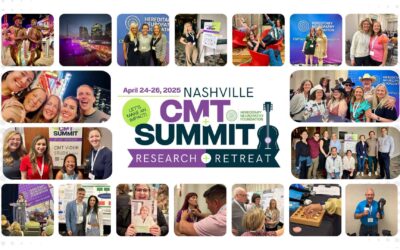

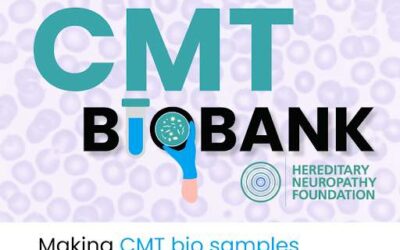

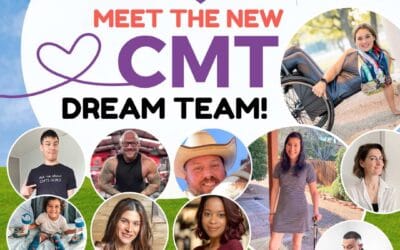
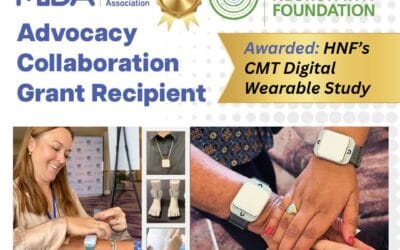
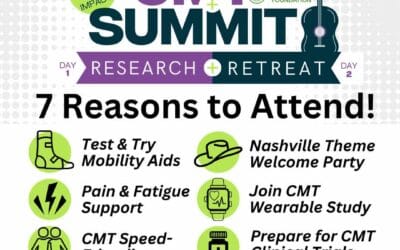
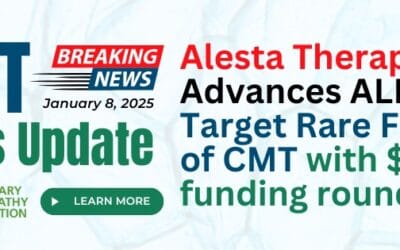
I’m fairly certain my type is 1B MPZ variant. Hardly any updates on this type….very concerned with the lack of research and INTEREST in 1B
Was diagnosed in 1974 @ Shands Hospital,Gainesville, Fl.
Reply please
Want to learn more about taking Cannabis.
Hi Patricia, You’re in luck! We did an entire webinar on CMT & Cannabis. We hope this helps with some of your questions. https://www.youtube.com/watch?v=fMvwbKzZf5k
I have been battling this problem for 20 years now. I want to learn more and see how to get help.
I am anxious to learn more!
We have finally identified our variant, and it is associated with late onset CMT. The gene is NEFH NM_021076.3:c. 1817C>T that is predicted to change the protein at amino acid position 606 from serine to phenylalanine (designated as p.Ser606Phe). However, genetic testing for CMT does not yet include NEFH, so those with that variant are being told they have no known variant.